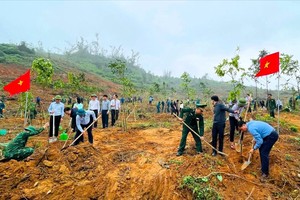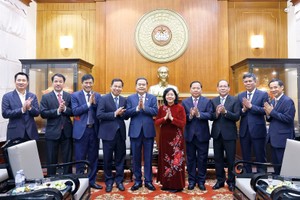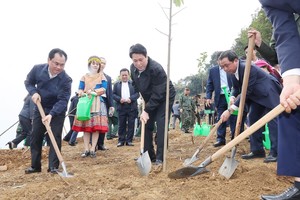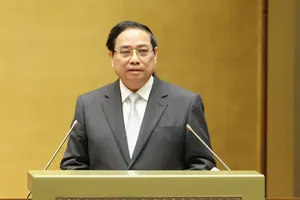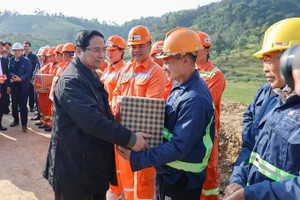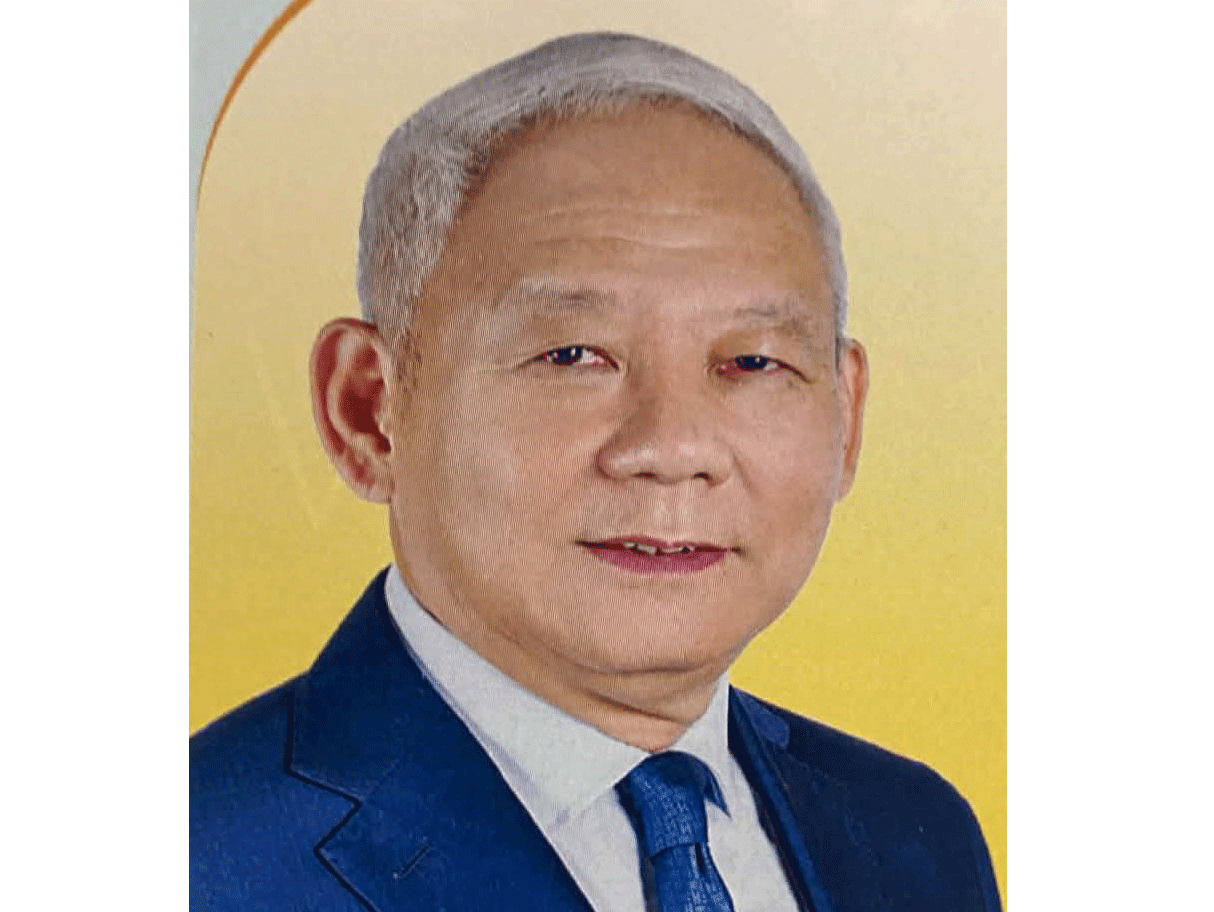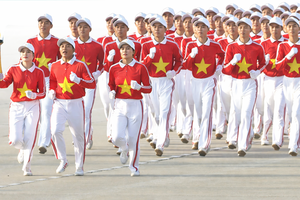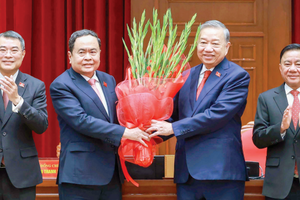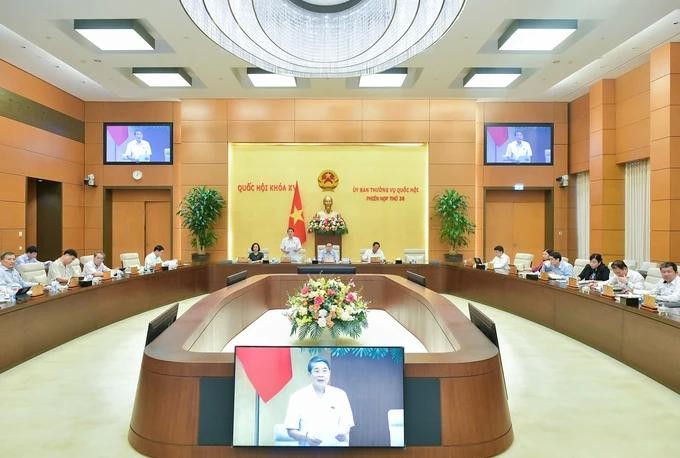
Members of the Standing Committee of the National Assembly have opinions on the draft Law on Electricity (amended). According to Deputy Minister of Industry and Trade Truong Thanh Hoai, after the Electricity Law of 2004 took effect, many new policies related to the development of Vietnam’s national energy (including the electricity sector) were issued by the Party and the State.
After nearly 20 years of implementation and four rounds of amendments and supplements, there are still some issues that the current Electricity Law does not adequately address. These include the lack of a comprehensive legal mechanism to facilitate the transition from encouraging and supporting renewable energy sources, new energy, and offshore wind power to a competitive policy framework, aiming for net-zero emissions by 2050.
Therefore, the Ministry of Industry and Trade has proposed amending the Electricity Law of 2004.
Notably, the Article 5 of the draft law stipulates the removal of all monopolies, unreasonable barriers, and maximum socialization in investment, exploitation, and use of infrastructure services in the national electricity transmission system. Private economic entities are allowed to operate their own power grids through investment and construction.
However, social capital attraction for electricity transmission operations must ensure national defense and security. The state retains exclusive control over the regulation of the power system, emergency power projects, and critical transmission grids (except for source connection grids invested and operated by private enterprises).”
On behalf of the project appraisal agency, Chairman of the Science, Technology and Environment Committee Le Quang Huy stated that the Standing Committee generally agreed with the supplementation of the State's policies on power development; however, he was emphasizing the requirement for the law amendment to facilitate the development of power sources and grids to meet the country's growing electricity demand, develop the socio-economy, contribute to the guarantee of national defense, security, and energy security for enhanced transparency in power activities. This aims to build a complete competitive retail electricity market.
In addition, it will help crack down on violations in the power sector.
Regarding the development of renewable energy and new energy, the committee requested the lead agency to study and supplement principles such as ensuring electricity supply security and power system safety while synchronizing the development of the power system's infrastructure. Last but not least, training plans should be synchronized for human resource development.
Regarding electricity prices and prices for electricity services, the Standing Committee of the Science, Technology and Environment Committee proposed studying and supplementing specific regulations to ensure a stable electricity price structure as well as stipulating clear principles and roadmaps for electricity price reform such as eliminating cross-subsidization between customer groups, implementing two-component electricity prices, electricity prices to encourage electricity conservation, import and export electricity prices to create positive signals and attract investment in the electricity sector.
Furthermore, the responsibilities of each state management agency for the electricity price sector must be determined clearly.
The Committee agreed to supplement the State's policies on power development. However, some deputies voiced their opinions that the provision about the State’s exclusive right to invest in emergency power and grid projects is too broad.
In the context of limited public resources and high electricity demand, there needs to be a mechanism to mobilize social resources to invest in activities that do not require the State to have an exclusive monopoly. A provision that is too broad regarding State-owned monopolies will limit opportunities to mobilize social resources for power development.
Through discussions, most members of the National Assembly Standing Committee agreed to develop the amended Electricity Law and contributed many specific comments. It is expected to be submitted to the National Assembly for the first discussion at the session in October.
Deputy Chairman of the National Assembly Nguyen Duc Hai requested that relevant agencies promptly submit the meeting of National Assembly deputies working full-time and submit to the National Assembly for consideration and decision.
